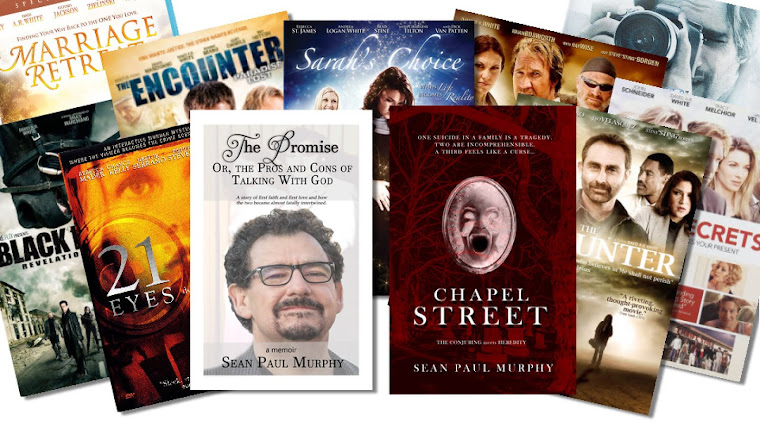The first act is most important one in any movie. If you don't hook your audience, you won't have an audience for long.
I've had the mixed pleasure and anxiety of watching films I've either edited or written play in front of theater audiences. In that situation, you can't help but study the audience -- living or dying with every reaction. Audiences are fascinating things. They tend to be self selected. They have deliberately chosen to spend their time and money with you. Therefore, they tend to be predisposed to like your film. However, that predisposition doesn't last forever. You have to prove to them that your film is worth watching. You've got to suck them into the story.
I have seen this time and time again. The audience sits there watching you introduce your characters. You try to dazzle them with your banter. So far so good. Then you notice something. The audience is starting to get restless. They want to know where you're planning to take them. If don't tell them soon enough, you'll lose them.
As a feature editor, I can say that I spend most of my time struggling to bring the audience to the point that they know what the film is about as quickly as possible. Even in character studies. Even in documentaries. Often times we, the director and myself, will find ourselves throwing out pages of the script. Why? Because the audience wants a story. Get on with it. Writers, myself included, tend to load up the first act with all sorts of character development. That's good. But you have to be succinct.
According to the bulk of the screenwriting books I have read, a script is broken down into three acts. The setup, the complication, and the climax. So far so good. Most of the authors recommend that a screenplay be between 110-120 pages with the first act ending at page 30, the second act ending at page 90, and the third act filling out the rest. I disagree with the equation on two levels.
First off, only Big Hollywood wants 120 page scripts. By Big Hollywood, I mean the majors and the mini-majors that make the bulk of the theatrical features. Little Hollywood, the straight-to-DVD and cable world, doesn't want scripts that long. They prefer them to be 90-to-100 pages in length -- preferably closer to 90. I have found this true in various genres. Why? The reason is simple. Every page means money production money spent. And they know they aren't going to make more money with a two-hour movie than they would with a eighty-seven minute movie. So why spend the money? And, obviously, if you're writing a ninety-page script, which most of the ones I have been commissioned to write tend to be, you can't spend thirty pages on your first act.
Now I try to get to the end of Act One within twenty pages or twenty minutes. That seems to be about how long it takes before the audience starts to get restless. Look at the classic films of Hollywood. Man, those first acts moved. I love what they managed to do in so little time!
One additional piece of advice about first acts: Don't put a bad performance in act one.
If you're making an independent film, you will probably suffer from the occasional sketchy performance now and then. People are willing to overlook that once they've been hooked. However, if your bad performance is in the first act -- particularly the first five minutes -- forget about it.
That's my two cents.
Other Writing Tips:
Other Writing Tips:
Preview my horrifying new novel Chapel Street on Amazon:
Listen to me read some chapters here:
Chapel Street - Prologue - My Mother
Chapel Street - Chapter 1 - RestingPlace.com
Chapel Street - Chapter 2 - Elisabetta
Chapel Street - Chapter 3 - The Upload
Chapel Street - Chapter 4 - The Kobayashi Maru
Let's stay in touch:
Chapel Street - Prologue - My Mother
Chapel Street - Chapter 1 - RestingPlace.com
Chapel Street - Chapter 2 - Elisabetta
Chapel Street - Chapter 3 - The Upload
Chapel Street - Chapter 4 - The Kobayashi Maru
Let's stay in touch:




